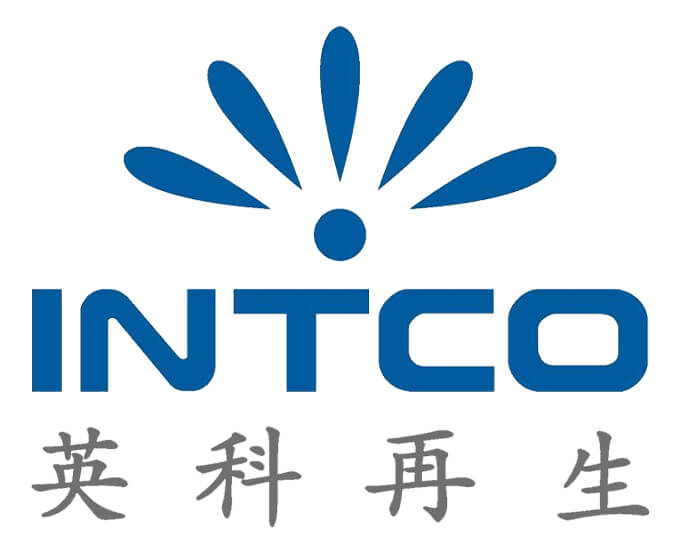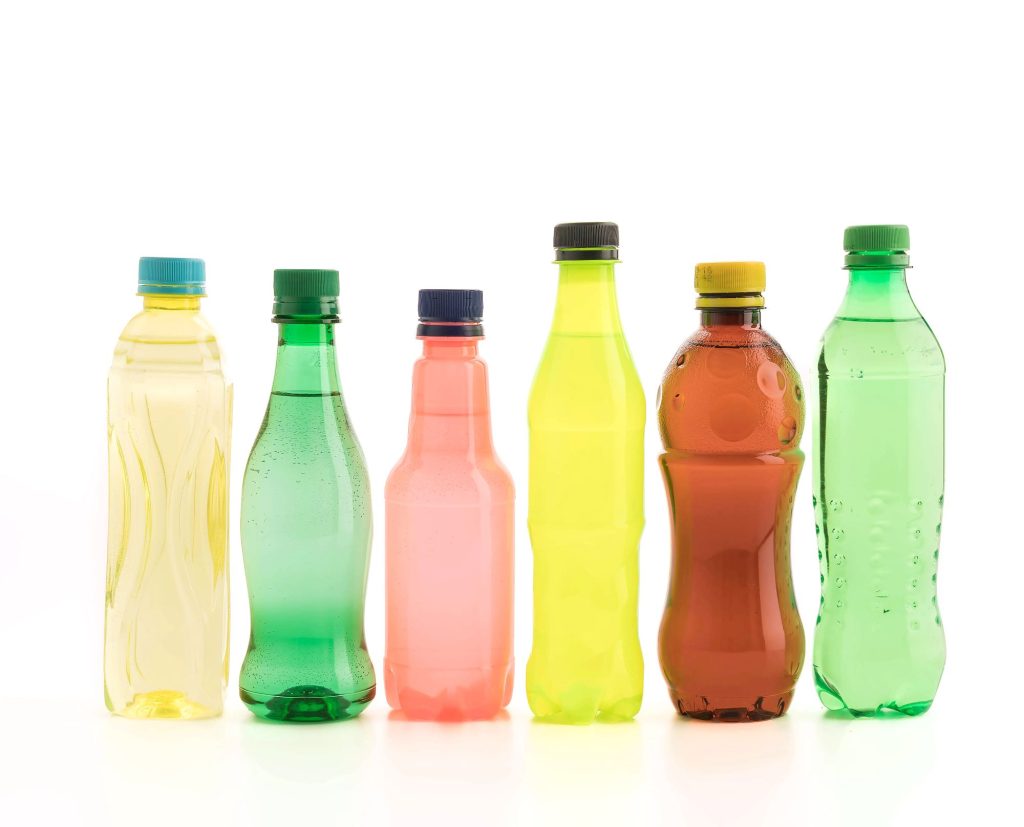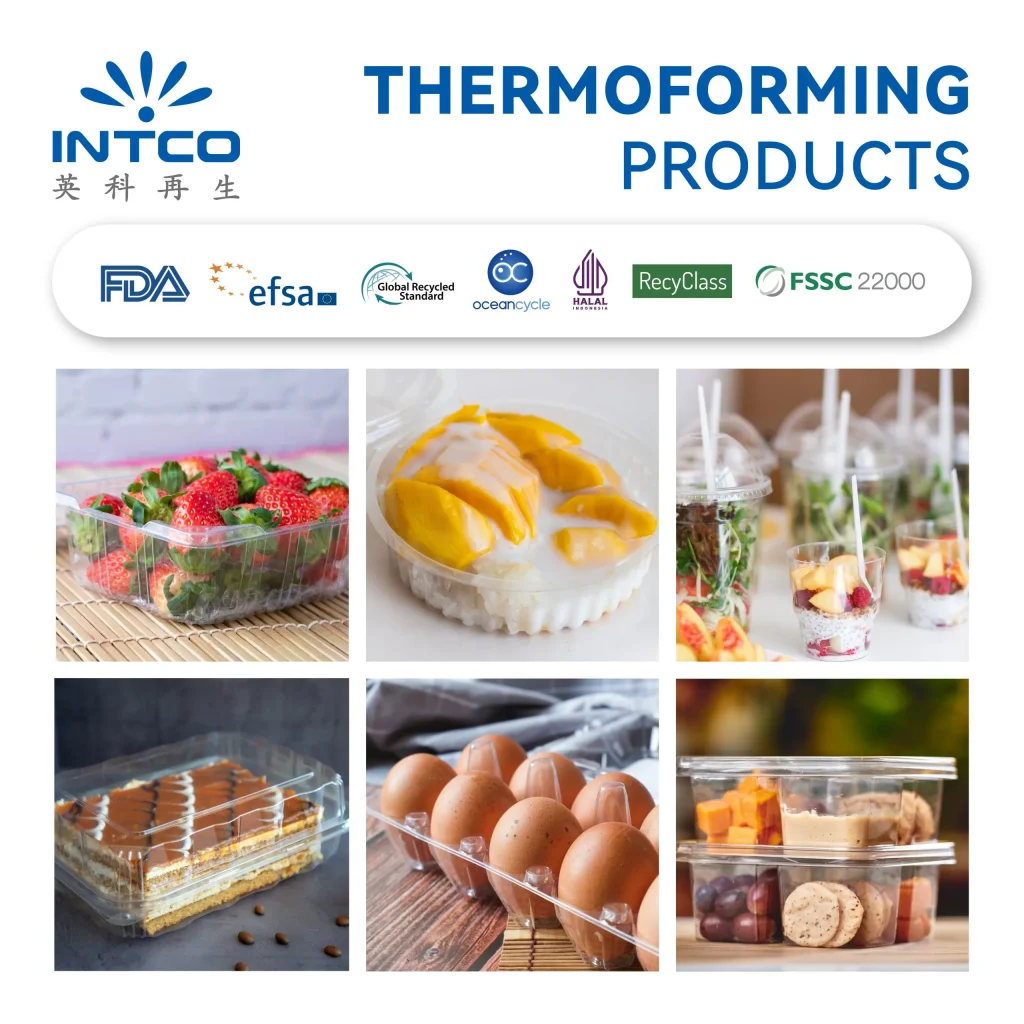Understanding Food-Grade Plastic
Definition and Standards
Food-grade plastic is a type of material aimed at storing and packing food. Such products meet strict safety standards, which means that they are not able to release dangerous chemicals into food. U.S. FDA and European Food Safety Authority are two such regulatory bodies that have established their guidelines, most notably, the minimum amount of chemical migration. Such requirements are reasonable since food can be stored for a considerable amount of time and ensuring its safety is a priority.
Common Types of Food-Grade Plastics
Several lunches have been thrown at or close to the bottles to demonstrate how low temperature affects polymeric materials. The possible deformation of the bottle predisposes it to infections and other forms of contamination. Natural and synthetic polymers include fats, lipids, and other organic substances. The polymer bottles are considered food-grade by all standards, including Recyclability Several polymeric classes are classified under food-grade plastics. These are polyethylene, low-density polyethylene, polypropylene, polyethylene terephthalate, etc.. Both of these polymers have similar characteristics. Due to their low barrier properties and recyclability, these polymers are most commonly used. Polypropylene is made up of its exceptional heat ease and high strength, for example, in microwavable containers. Beverage bottles are made of polyethylene terephthalate because they are extremely transparent and not prone to prevent gas.
Scientific Evidence on Safety
Recent Research Findings
Despite the speculations surrounding food-grade plastics, multiple studies have concentrated on the safety of their use. Chemical migration into food is the focal point of the majority of this research. A number of recent researches underline the importance of the type of food-grade plastic, processing, food-grade plastic, and food composition on migration rates. Such information typically suggests that while some chemicals might have migrated, they would do so at rates not exceeding the permitted by authorities.
Studies on Chemical Migration
There are certain food-grade plastics and their additives as well as residual monomers, used in the polymerization which could migrate into the food. For example, the study examined by Environmental Science & Technology in 2010, where Greenpeace is the lead author of the research with the collaboration of other scientists. The experiment measures the migration of various chemicals in the food-grade plastics into the food simulants. However, the results showed that the migration level into the food is “orders of magnitude lower” than MDLs or other permitted limits and the material is still qualified to be food contact materials.
Impact on Human Health
The long-term impact of chemical exposure related to the use of food-grade plastics on human health is still under investigation. At present it is concluded that the toxic substances found in food-grade plastics are not harmful to humans, who use them in proper conditions. However, further studies are to be carried out on the variable of the recycling process and the effects it produces. Here, it is important to be aware of the quality of recycled food-grade plastic, such as that provided by INTCO.
INTCO Plastics is a distinguished food-grade plastic product supplier that offers high-quality products and pursueINTCOs the strictest safety standards such as recycling waste into food contact-safe packaging. The company’s commitment to food safety regulations signifies its aspiration to make sure the materials they produce will not compromise human health. As an environmentally compliant company that endorses recycling and sustainability, INTCO claims that they recycle waste into a line of safe packaging products produced at their own plastic recycling facility. Their cutting-edge technology ensures that their plastic products meet and outperform food-grade safety regulations. INTCO allows businesses to enjoy the advantages of sustainability and food grade safety compliance in one, and as a result, ensure that the customers can trust the safety of their food products.
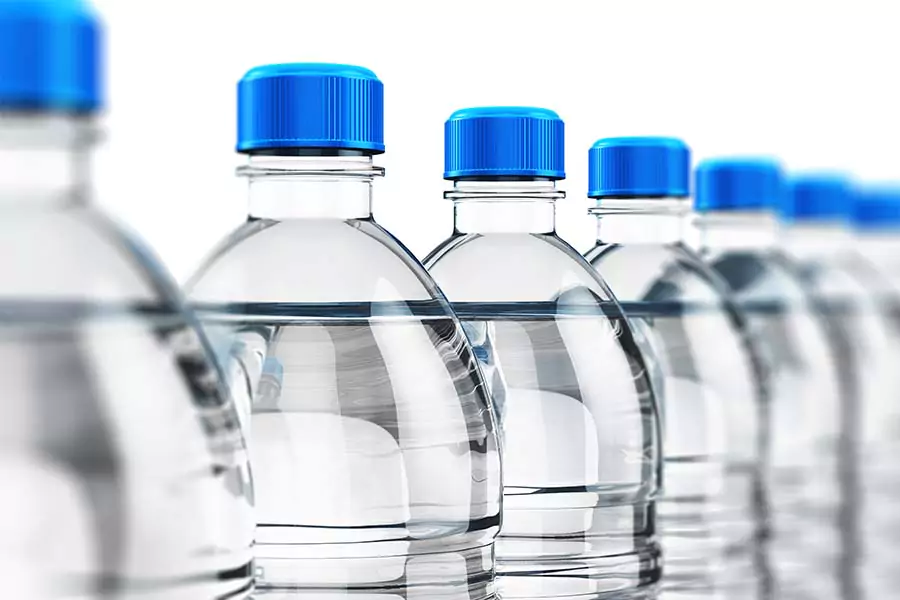
In conclusion, the scientific basis for food-grade plastics is directly related to whether or not they are safe. Moreover, regulatory safeguards put in place by the government ultimately affirm this. In the context of this, it is both important and necessary to maintain a watchful yet scrutinizing eye on the field of food-grade plastics. This is needed willingly or not due to its inherent complexity. Furthermore, manufacturers and consumers can remain safe when working hand-in-hand. In addition, this can only reconfirm their safety aspects when they understand the general scientific principles behind them. Lastly, the continuous advancement of food-grade plastics also solidifies the need for this proactive approach.
Intco’s Commitment to Safe Food-Grade Plastics
Overview of Intco’s Products
INTCO Plastics is considered a leading company in food-grade plastic and has a varied number of products that can store food properly. According to the company, Low-Density Polyethylene, High-Density Polyethylene, and Polypropylene are known food safety standards, and INTCO uses all of them. It can be noticed that the company chooses the most stable materials that can protect foods from being polluted. Moreover, INCTO is aimed at developing ways and new techniques of improving the quality and safety of its products. One of the points INTCO is famous for is that the company is very demanding when choosing the materials that will be used for storing food, that way the materials should go beyond the official safety standards and be more sustainable than it is demanded.
Quality Assurance Processes at Intco Plastics
INTCO Plastics: Prioritizing Safety In its operations, INTCO Plastics dictates extensive quality control measures at every production stage to ensure the highest level of safety. First, to avoid potential hazards and guarantee the required quality, the company has developed strict testing protocols. The material never appears on the market unless it passes safety tests for food-grade plastic. These tests are elaborated in accordance with both national and international regulations, such as FDA and EFSA. Second, the company recognizes the importance of preventing chemical migration. Therefore, INTCO material is designed to meet all the existing migration limits to ensure the safety of the final product. Finally, INCTO performs a full inspection of each product batch, so all food-grade plastics will guarantee the same consistent quality.
Certification and Testing Procedures
INTCO Plastics follows a systematic approach to certification and testing, indicating their dedication to quality. Each product is tested in the laboratory where it is checked for any possible chemical migration and compliance with food safety requirements. Besides, their laboratory is fitted with the newest and most advanced technological instruments that help track material performance, and accurately control and monitor the efficacy of each item. As a result, with INTCO’s strict certification, testing standards, and careful manufacturing process, each product is bound to meet and surpass required benchmarks, and the customers’ confidence in the safety of their food-grade plastics is raised.
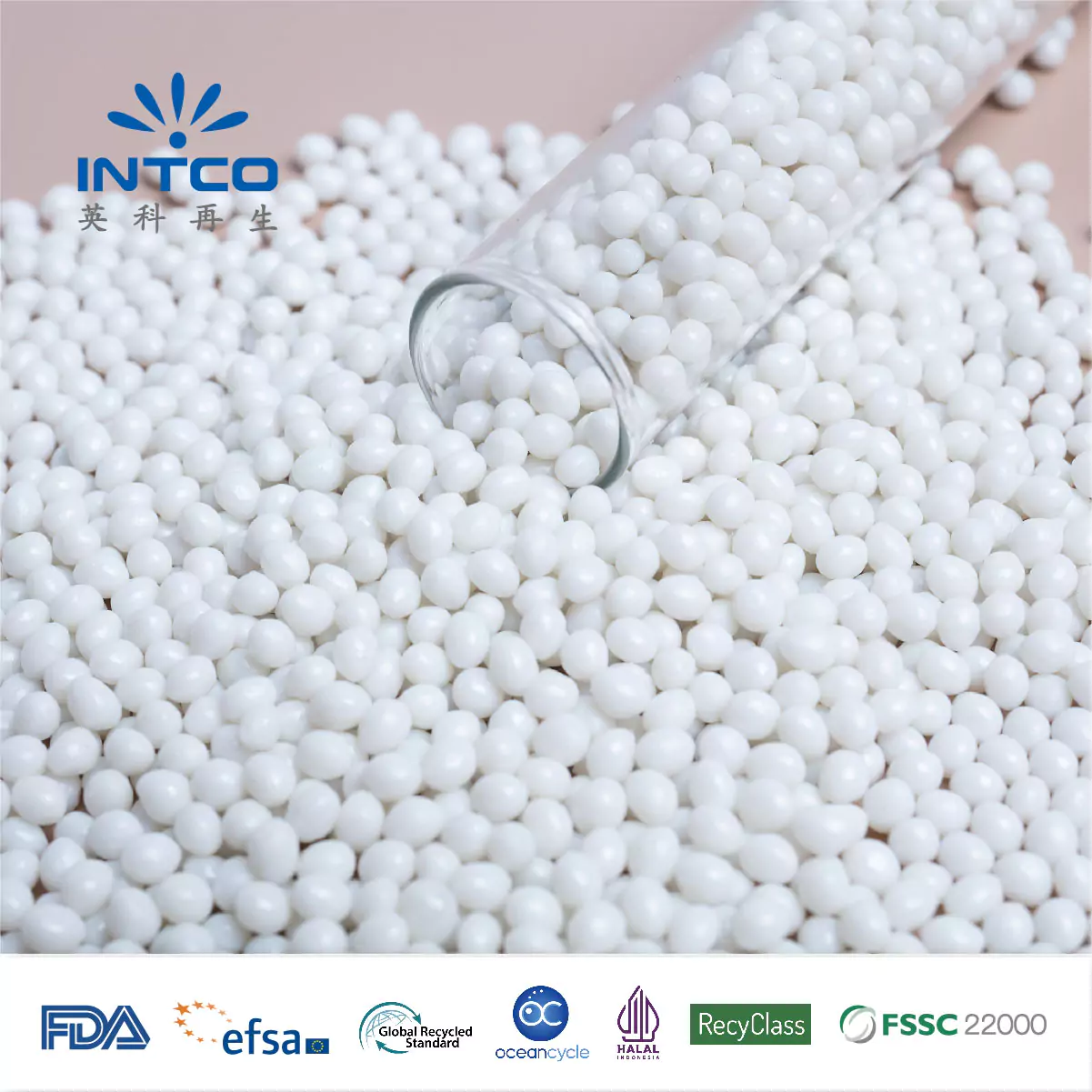
Environmental Considerations of Food-Grade Plastic
Eco-friendly Alternatives within Food Grade Plastics
The process of developing food-grade plastic and its application maintains the integration of invariant safety regulations that surround the food industry. Since the food industry is rapidly changing, leading to the creation of different options, including the need for packaging that is sustainable in terms of the environment, INTCO Plastics provides various eco-friendly alternatives within its range of food-grade plastics. The leading alternative is one that uses recycling technology concerning the plastics decided upon. Emerging plastics, which are food-grade and are highly developed within the sector due to the need for them to be produced from renewable resources, refer to the requirements of saving the environment. With this need, INTCO Plastics has created products composed of compatible resources that are renewable.
Renewable Sources and Biodegradable Options
INTCO goes to great lengths to support the shift to sustainability that ever-more-aware consumers are instigating by producing and exploring biodegradable food-grade plastics that degrade with age. INTCO accomplishes this by sourcing material from renewable sources, such as plant-based biodegradable polymers, producing products that meet rigorous food and environmental standards. Therefore, INTCO’s ability to adapt to customer demand without sacrificing quality was evidenced by this development. Amino products, foot pads, pet mats, and other products fully represented their commitment to work towards a sustainable future, ensuring that safety is always a top priority.
Recycling Mechanisms and Practices
One of the crucial aspects of INTCO’s environmental strategy is recycling. The company has implemented measures to facilitate the high-quality recycling of food-grade plastics in a circular economy. INTCO participates in programs that are designed to reclaim plastic waste and turn it into excellent regrind material that can later be used to create new food-grade products. As a result, not only are the waste materials avoided from being buried in landfills but also the company provides a viable source for creating different wares. By educating both the relevant service providers and customers, INTCO is a powerful advocate for food packaging sustainability.
To sum up, the safety of food-grade plastics is considered to be an important issue for consumers and professionals working in the food industry. However, INTCO Plastics is an example of a company that manages to ensure a high level of safety while implementing innovative solutions that are ecologically and sustainably friendly. With safety checks, constant holding of certifications, exploration of sustainable alternatives, and implementation of recycling, the company has a significant positive influence on the safety of food and environmental concerns. As the knowledge and regulations change, the issue of how food-grade plastics may be safe as well as sustainable will be addressed, and better solutions will be found for healthier food packaging.
